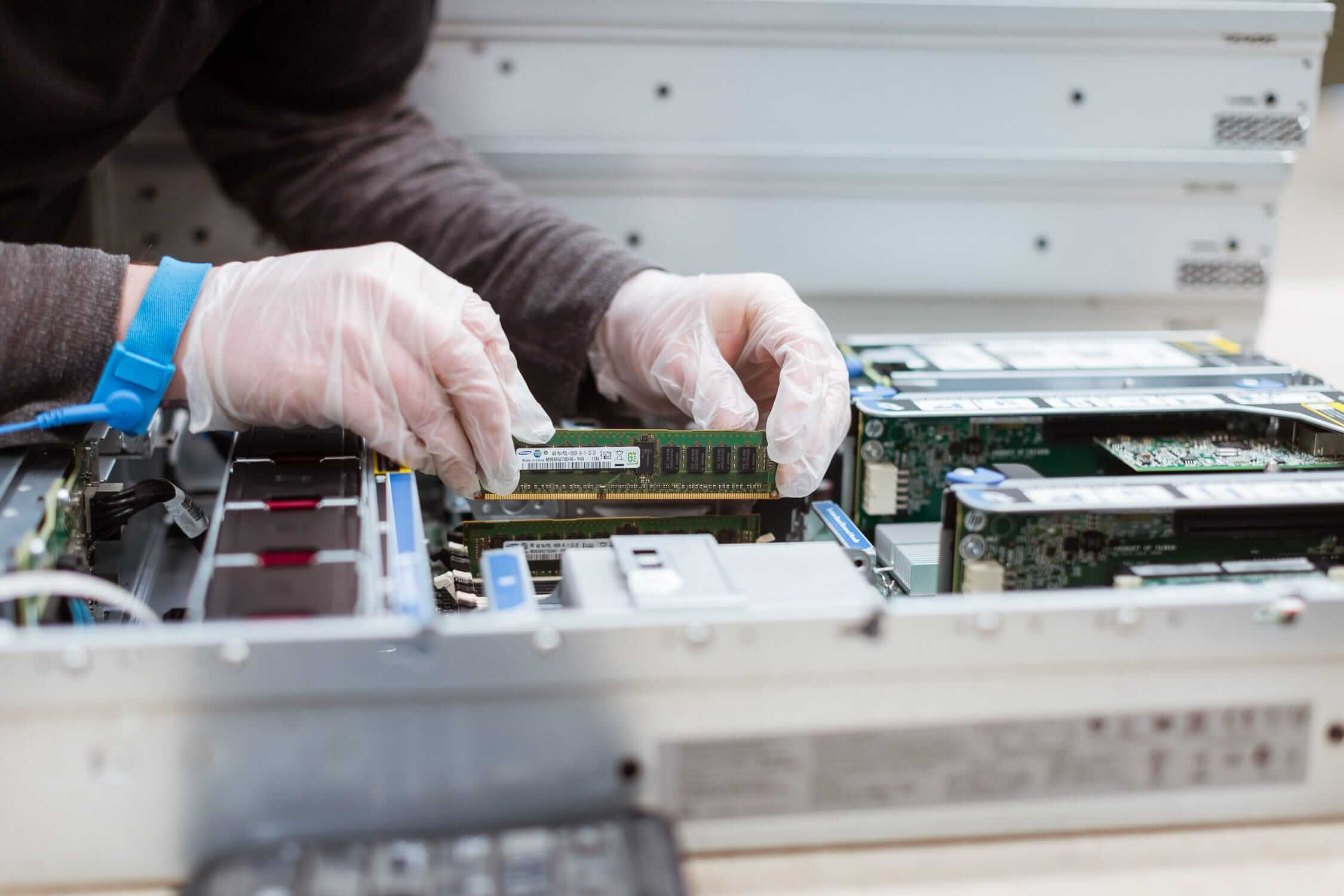With the crazy amount of data, we generate daily, you may be wondering how many gigabytes a server can handle, you know?
Regardless of whether you're a small business owner or an IT expert for a big corporation, it's essential to understand that a server's storage capacity relies on various factors such as:
- 1.Hard Disk Drives (HDD) or Solid-State Drives (SSD): The capacity of your server ultimately depends on the number and types of storage drives installed.
- 2.RAID Configuration: combines different drives to improve the server's performance, reliability, and storage capacity.
- 3.Server Technology: New servers may be more powerful and offer much more storage than older models.
Servers have multiple storage bays that house HDDs or SSDs. The total storage capacity of a server depends on the individual capacity of these drives.
- •HDD: For many years, HDDs have been the go-to option for affordable storage. Today's enterprise-grade HDDs can offer anywhere from 1TB (1,000GB) to 16TB per drive, giving your server plenty of room to grow and expand.
- •SSD: SSDs have become an increasingly popular choice for all those businesses looking to decrease access time and increase server performance. While they tend to be more expensive, SSDs can range from 128GB to 15.36TB per drive.
Read “The operating differences between HDD and SSD” for more details.
After all, there is not a final answer to "how many GB a server can hold” because this may vary based on your needs and the server technology you opt for. That said, the right combination of HDDs and SSDs can help you achieve an ideal balance between budget, performance, and storage capacity.
In need of network equipment? When it comes to finding affordable, reliable servers and other networking equipment, GreenTek Solutions is here to help. Contact GreenTek Solutions, LLC today or visit our online store to learn more about the extensive range of IT equipment we have for you!!!

